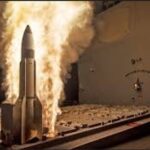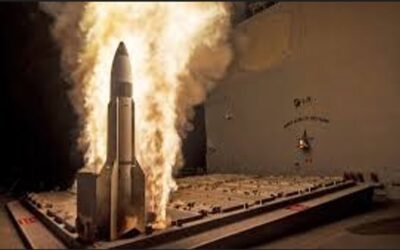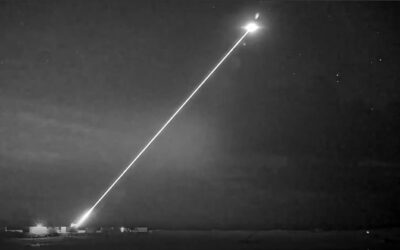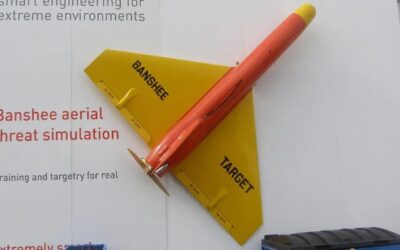In a historic first, US Navy Arleigh Burke-class destroyers deployed Standard Missile-3 (SM-3) anti-missile interceptors in combat…
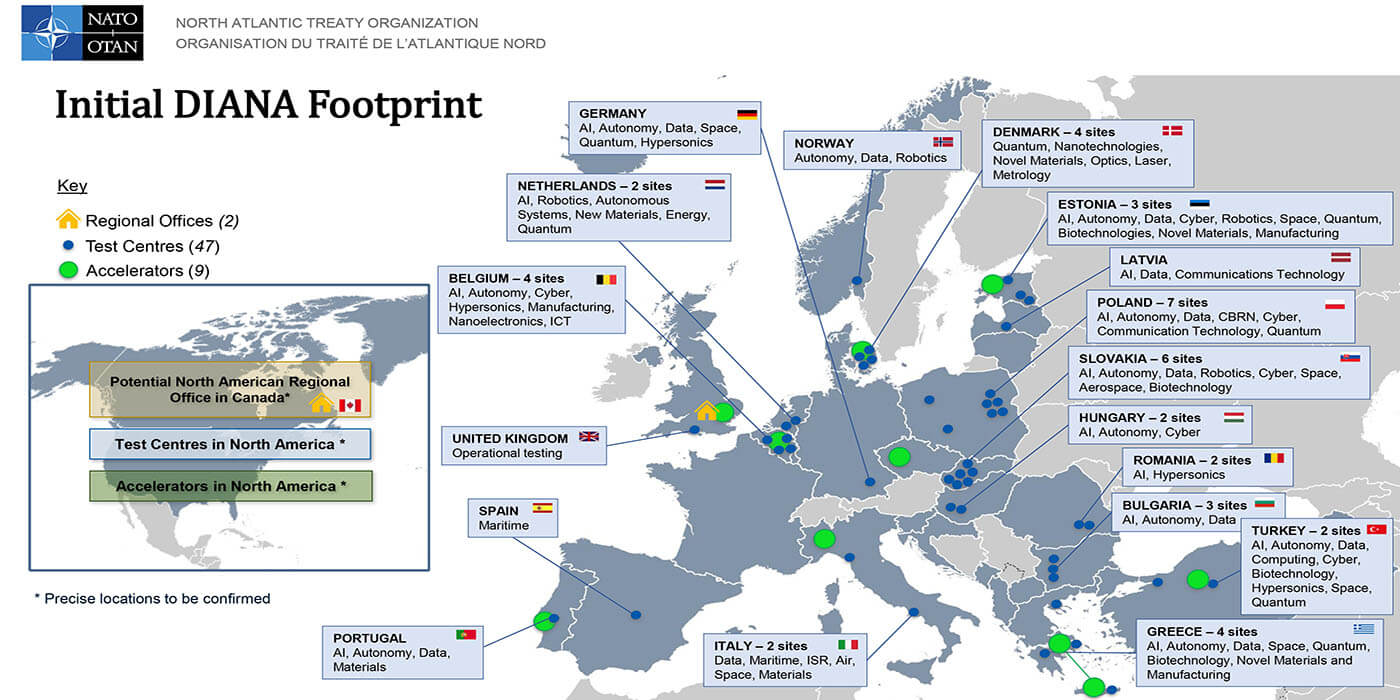
On April 7, NATO member-states adopted an initiative to maximize the Alliance’s technological advantage.
The initiative focuses on an innovative research program, which NATO believes will help maintain the Alliance’s technological advantage.
In particular, Allied Foreign Ministers approved the Charter of the Defence Innovation Accelerator for the North Atlantic – or DIANA. “Working with the private sector and academia, Allies will ensure that we can harness the best of new technology for transatlantic security,” said NATO Secretary-General, Jens Stoltenberg.
The DIANA program aims to create a framework for cooperation, where defence personnel together with the Alliance’s best and brightest start-ups, scientific researchers, and technology companies solve critical defence and security challenges.
Innovators participating in the DIANA program will receive access to its network of dozens of accelerator sites and test centers across more than 20 Allies. NATO leaders agreed that DIANA would have a regional office in Europe and in North America. DIANA’s European regional office was selected from a joint Estonian-United Kingdom bid, and Canada is actively looking at hosting the North American regional office.
DIANA will concentrate on deep technologies – those emerging and disruptive technologies that NATO has identified as priorities including: artificial intelligence, big-data processing, quantum-enabled technologies, autonomy, biotechnology, novel materials, and space.
Allies have also agreed to a framework for a multinational NATO Innovation Fund. This is the world’s first multi-sovereign venture capital fund. It will invest 1 billion euros in early-stage start-ups and other deep tech funds aligned with its strategic objectives.
As shown on the map, the infrastructure design includes two centers with accelerators and four test centers for Greece.
Also read: “Archytas” | The made in Hellas UAV that can shine
READ MORE
Lockheed Martin | Introducing the new Mako hypersonic multi-role missile
On the sidelines of the “Sea Air Space – SAS 2024” exhibition, Lockheed Martin unveiled the new Mako hypersonic missile.
Dragon Fire | UK Royal Navy’s laser system delivered 5 years earlier
The UK laser programme “DragonFire” is accelerating following a decision from the UK Ministry of Defence to install…
US Navy | First combat use of SM-3 Missiles
In a historic first, US Navy Arleigh Burke-class destroyers deployed Standard Missile-3 (SM-3) anti-missile interceptors in combat…
INIOCHOS 2024 | Allied fighters foster interoperability
NATO allied Air Forces along with regional partners come together at Andravida Air Base as Greece hosts the…
DEFEA Conference 2024 | Registration is now open
The DEFEA Conference, hosted by the international defence and security exhibition DEFEA – Defence Exhibition Athens…
Delphi Economic Forum IX | Christian Chatziminas on re-industrialization and high technology in entrepreneurship
Mr. Christian Chatziminas, Founder & CEO of THEON GROUP and President of the Hellenic Entrepreneurs Association, participated in…
Lockheed Martin | Introducing the new Mako hypersonic multi-role missile
On the sidelines of the “Sea Air Space – SAS 2024” exhibition, Lockheed Martin unveiled the new Mako hypersonic missile.
Heraklion | Aerial target washes up on beach – Taken for drone from Iran
Yesterday Sunday, intense confusion was caused on a beach in Heraklion, Crete, when an aerial target used in shooting ranges to test…








